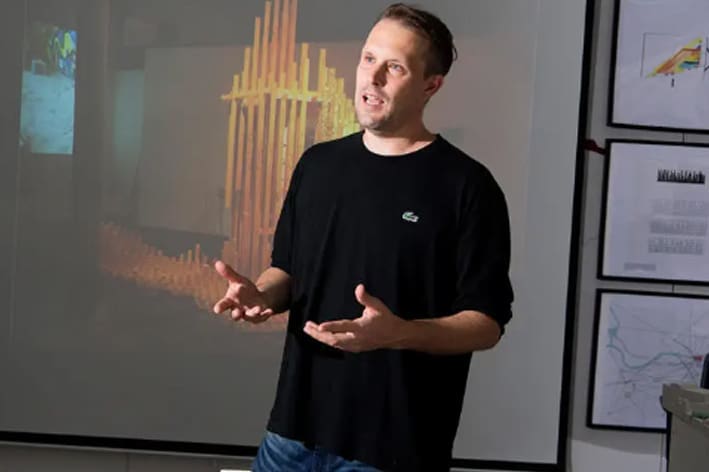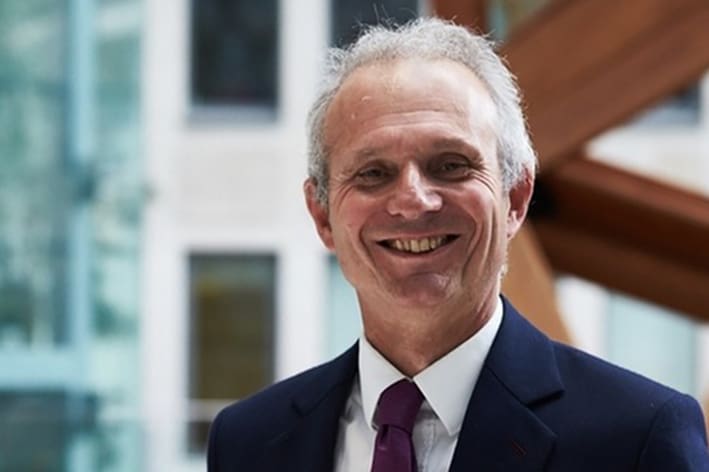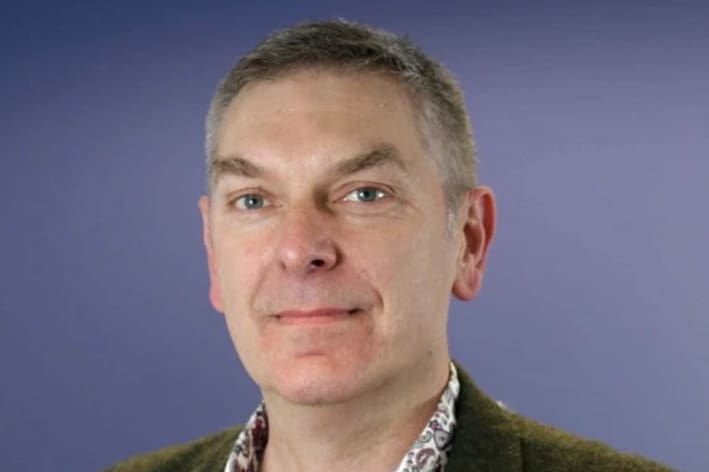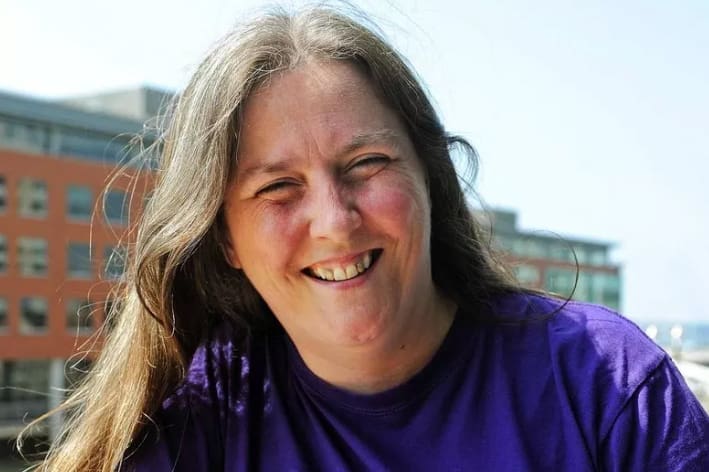Priestley’s Lecture Series runs weekly on Thursday afternoons in our Autumn and Spring Terms. The presence of a lecture series that brings together teachers, early career researchers and professionals helps to give the Priestley cohort an insight into where their intellectual curiosity can take them.
Lee Ivett – 23rd November
Lee is the Head of the Grenfell-Baines Institute of Architecture and Academic Lead for the Architecture and Construction subject areas. As well as managing these subject areas, Lee also leads on the delivery of UCLan’s final year Master of Architecture Design Thesis module.


Sir David Lidington – 11th January
Sir David Roy Lidington KCB CBE is a British politician who was the MP for Aylesbury from 1992 until 2019. He served as Chancellor of the Duchy of Lancaster and Minister for the Cabinet Office and was frequently described as being Theresa May’s de facto Deputy Prime Minister.
Mark James – 1st February
Professor Mark James is one of the country’s leading experts on sports law and Olympic law. He re-joined Manchester Law School in January 2016. From 2013 to 2015, he was Director of REF Strategy at Northumbria Law School, from where he returned to Manchester Met to become Director of Research in the Law School.


Amy Bancroft – 8th February
Amy is the Chester Hub Project Officer with Higher Horizons. The organisation is part of the Uni Connect Programme. It is funded by the government to improve access to university and other forms of higher education for young people who are under-represented in HE. It believes that everyone with the ability and desire to study at a higher level should be able to.
Joan Burnett – 7th March
Joan Burnett is an LGBT+ activist based in Liverpool. She is passionate about access to the arts for everyone. Joan is a trustee at Homotopia and a visitor services manager at FACT.


Sarah Newell – 28th March
Sarah Newell is an Engineering Manager at d3t. She has experience working on consoles way back to the ps2 and Nintendo DS right up to PS5. Sarah has also worked on blockbuster franchises like Harry Potter, LEGO Star Wars and many racing titles to name a few.
Jason Lee – 28th March
Jason Lee graduated from Liverpool John Moores University back in 2020 and joined d3t as an Associate Software Engineer. He has since dropped the associate title and has had the opportunity to work on titles such EA SPORTS FC 24, Exoborne and Assetto Corsa Competizione across all the major platforms.

